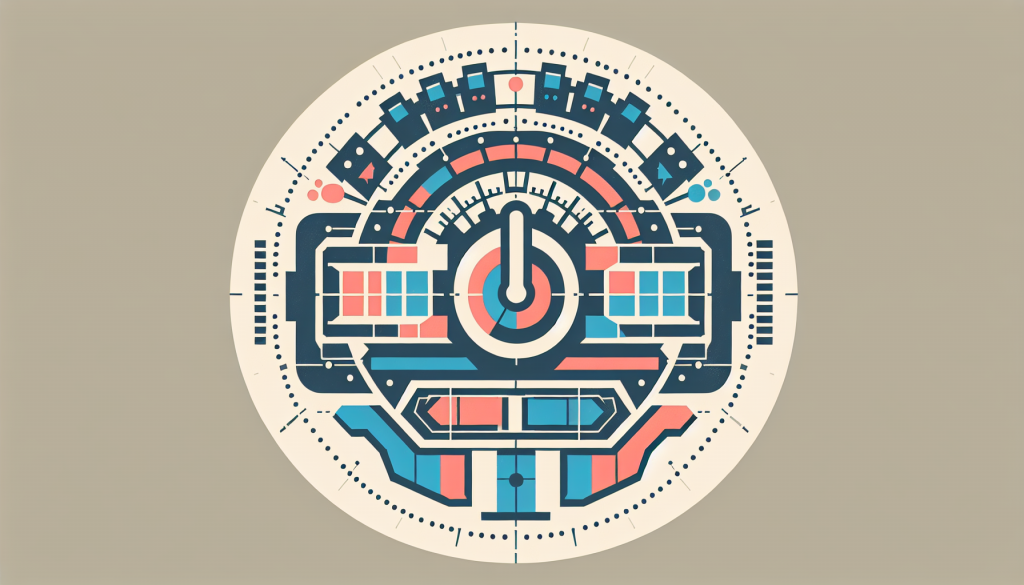Understanding Dashboard Warning Lights
Dashboard warning lights are like your car’s way of waving a red flag. They tell you when something’s up, so you can fix it before it turns into a big, expensive problem.
Why Dashboard Warning Lights Matter
These little lights are your car’s way of saying, “Hey, pay attention!” They give you real-time updates on what’s going on under the hood. Ignoring them? Bad idea. Here’s why you should care:
- Early Bird Catches the Worm: Spotting issues early can save you from a world of hurt (and cost).
- Safety First: Fixing problems right away keeps you and your passengers safe.
- Save Some Bucks: Quick fixes are usually cheaper than waiting until something major breaks.
Common Dashboard Warning Lights and What They Mean
Knowing what these lights mean can help you figure out what’s wrong and what to do next. Here’s a handy table to keep you in the know:
| Warning Light | What It Means |
|---|---|
| Check Engine Light | Something’s up with the engine |
| Oil Pressure Warning | Oil pressure’s too low |
| Brake System Warning | There’s a problem with the brakes |
| Battery Alert | Battery issues detected |
| Temperature Warning | Engine’s getting too hot |
| Tire Pressure Warning | Tires need more air |
| ABS Warning | Anti-lock Braking System issue |
| Airbag Warning | Airbag system problem |
| Coolant Level Warning | Coolant’s running low |
| Transmission Warning | Transmission trouble |
Want more details? Check out our dashboard warning light guide.
What to Do When a Light Comes On
When a warning light pops up, don’t panic. But don’t ignore it either. For example, if the transmission warning light comes on, it might mean your transmission needs some TLC. For more on that, see our article on dashboard warning light transmission.
Got a warning light and not sure what to do? Head over to our sections on dashboard warning light diagnosis and dashboard warning light repair for some help.
Remember, those lights are there for a reason. Pay attention to them, and you’ll keep your car running smoothly and safely.
Transmission Issues and Dashboard Warning Lights
Transmission Warning Lights
Transmission warning lights are like your car’s way of waving a red flag. When you see one pop up on your dashboard, it’s trying to tell you something’s up with your transmission. Usually, it looks like a gear symbol or an exclamation mark inside a gear. Here’s a quick cheat sheet:
| Warning Light Symbol | Meaning |
|---|---|
| Transmission overheating | |
| Transmission fluid level is low | |
| Transmission malfunction detected |
Knowing these symbols can save you a lot of headaches. For a full rundown on all the dashboard warning lights, check out our dashboard warning light symbols article.
What to Do When Transmission Warning Lights Come On
So, your transmission warning light is on. Now what? Follow these steps to keep your car happy and healthy:
- Check Transmission Fluid Level: Pop the hood and make sure your transmission fluid is where it should be. Low levels can make your transmission overheat and trigger that pesky light.
- Look for Leaks: Peek under your car for any puddles of transmission fluid. Leaks can cause low fluid levels and all sorts of problems.
- Read Your Owner’s Manual: Your car’s manual is like its diary. It’ll tell you exactly what that warning light means and what to do next.
- Use an OBD-II Scanner: This handy tool reads the fault codes that triggered the warning light. For more info, see our dashboard warning light diagnosis guide.
- Call a Mechanic: If the light stays on or you notice weird noises, vibrations, or performance issues, it’s time to bring in the pros. A mechanic can dig deeper and fix whatever’s wrong.
Following these steps can help you avoid bigger problems down the road. For more tips on dealing with dashboard warning lights, check out our dashboard warning lights solutions article.


